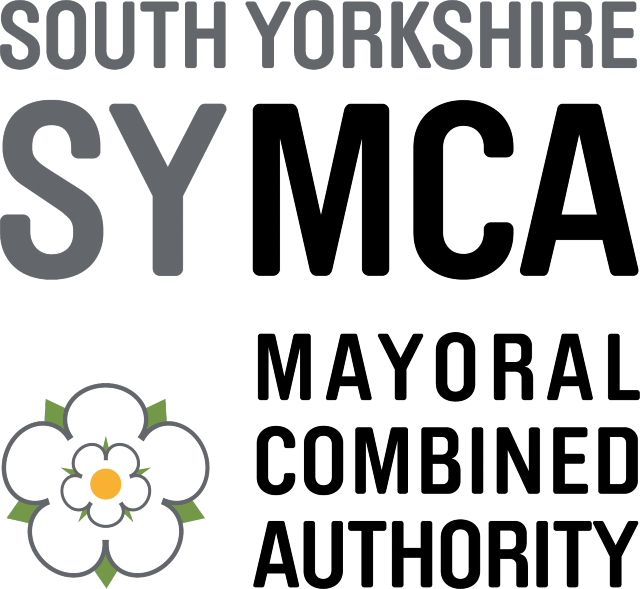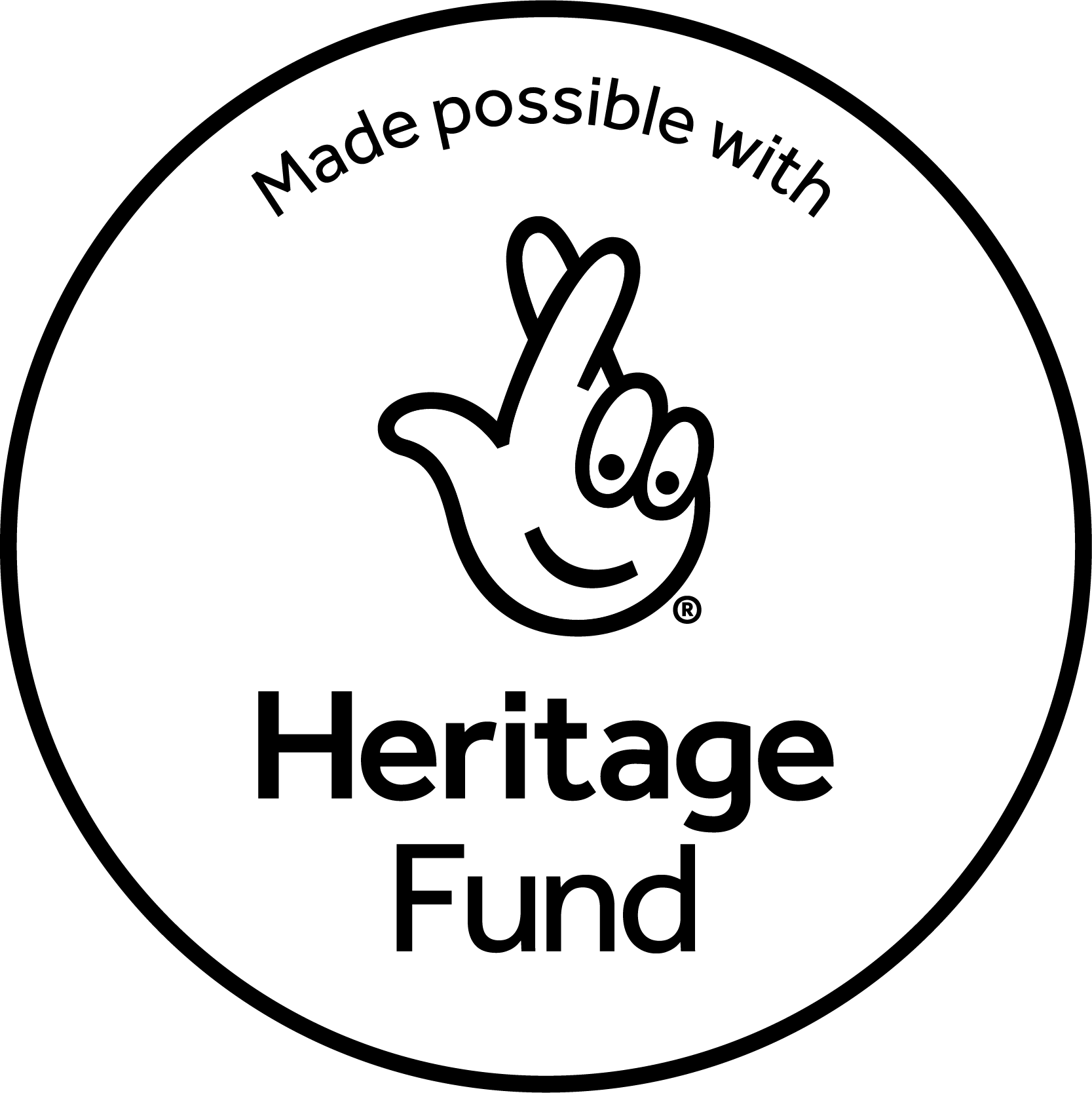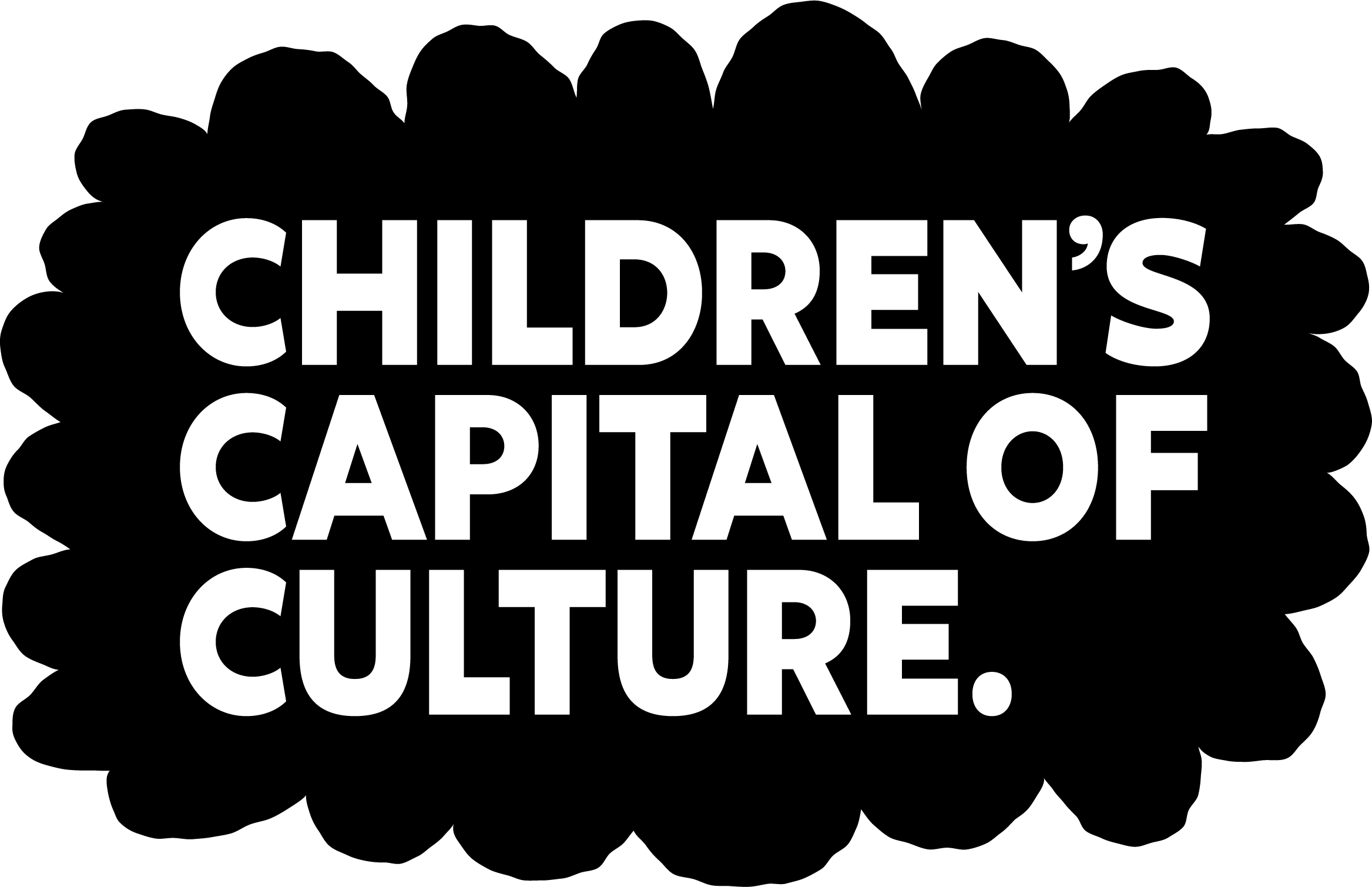ARTS AWARD: FRIENDLINESS FIRST
Dr Becky Parry, an independent creative education and arts evaluation specialist, has written a guest blog.
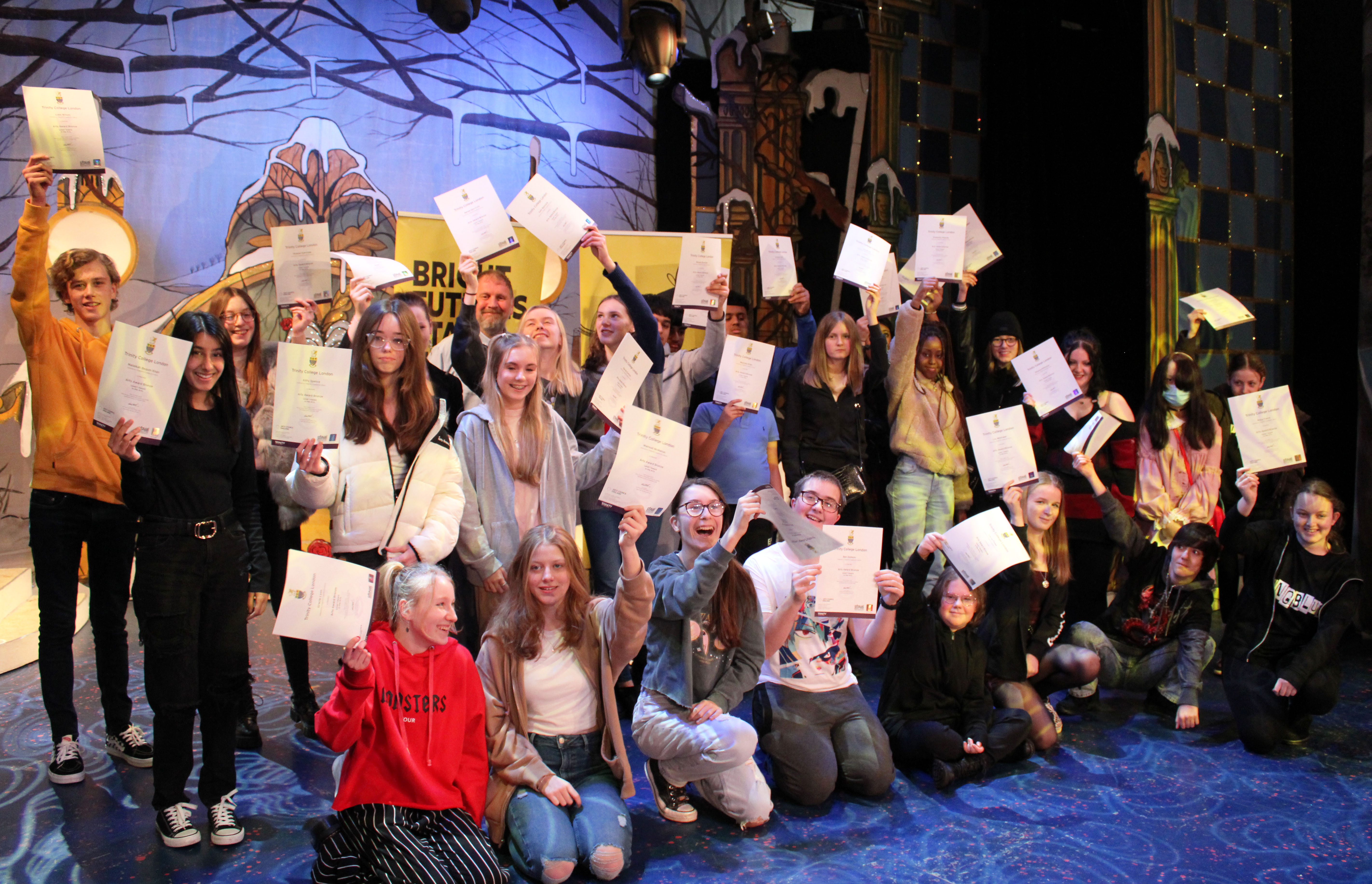
It was a wintry Friday evening in early January when I found myself in the audience of Rotherham Civic Theatre, watching a lively group of young people receiving their Bronze Arts Award certificates. Parents and carers proudly took photos as the young people shook hands with local councillor, David Sheppard, amidst the glittering scenery of the annual panto. It was then time for a collective sharing of pizza and a catch up, before heading back into the theatre for the panto performance itself.
I took this opportunity to ask the group of 30 young people what their favourite part of the experience had been, and the resounding response was that it was the friendliness that they valued. This was confirmed in these extracts of feedback from parents and carers, who said the experience ‘ignited imagination’ and was empowering, giving young people confidence to seek other new opportunities:
Thank you so much for the imagination, creativity and enthusiasm poured into this workshop and training.
It was so lovely and such a proud moment watching her collect her certificate. I would just like to say also that without opportunities provided for free like this, E wouldn't have been able to take part and have had the experience she had: making new friends, increasing her confidence and self-esteem and gaining a recognised qualification whilst having fun!
Arts Award is proving to be an important part of Rotherham’s Children’s Capital of Culture project, greatly valued by the participants who all wanted to progress from the Bronze to Silver Award. In this blog I share key insights into what made it so memorable and friendly to these young people, but first offer a brief introduction to the qualification.
What is an Arts Award?
Arts Award is a series of nationally accredited qualifications that enables young people to demonstrate their engagement in arts and creative activity. Launched in 2005 by Arts Council England and accredited by Trinity College London, there are five levels of award: Discover, Explore, Bronze, Silver and Gold. A key aim of the Arts Award programme was to increase young people’s access to and inclusion in the arts and it has become a popular qualification in informal learning programmes.
I must confess that when the programme was first introduced by Arts Council England, I was not an early adopter. In a world where it can feel like everything a young person does before the age of 16 is examined, measured and compared, I felt that engagement in art outside of school should be free from the constraints of assessment. As someone who has also never been a fan of badges as an extrinsic reward for children’s learning. I worried that accrediting children’s engagements in the arts would take away the pleasure which motivates further participation. I also had a concern that this would become just another way in which children from wealthier backgrounds could gain an advantage over their peers. In 2020 research by Dr Frances Howard highlighted some concerns about the quality of some Arts Award activity:
Young people who were classified as ‘dis-engaged’ were more likely to receive lower quality programmes, low-level work and over-regulated teaching.
When I was commissioned to evaluate the Art Awards activity run by Rotherham Metropolitan Borough Council (RMBC) as part of their Children’s Capital of Culture programme, I felt some caution. However, it is clear that the RMBC Arts Award programme, led by Sarah Christie, Programme Manager for Children’s Capital of Culture, is a high-quality experience that inspired a desire for further engagement, so it is worth identifying precisely what factors were key to this success.
Free, Accessible and Intensive
During 2022, Children’s Capital of Culture ran two free programmes of arts activities supporting young people to work towards their Bronze Arts Award (a Level One qualification on the Regulated Qualifications Framework (RQF)) in the school holidays: a three-day programme in the Easter holidays, and a four-day programme in the summer. These activities were based at Rotherham Civic Theatre, an easily accessible location in the town centre, with trips to Yorkshire Sculpture Park and the Science and Media Museum in Bradford provided. Young people can access Arts Award activity in schools and a range of regional arts organisations over a longer period of time, but this short, fast-paced and structured approach worked well.
Involvement of Artists
The creative activities all involved the young people working alongside artists: creative professionals who positively supported the young people to document their experiences in the portfolio of work required. The artists involved were Emily Hearne, Rebecca Hearne, Grace Darbyshire, Tom Rigby, Rose Gray and Andy Cook, who had all undertaken the Associate Artists’ Development Programme with local literacy and arts organisation Grimm & Co. The artists also led icebreakers and warm up activities, supported group engagement, and managed the practicalities and logistics of delivering the sessions (from behaviour policy and approach and safeguarding to sorting out refreshments and resources).
Working with Young Producers
During this time, RMBC had funding from Arts Council England to employ a group of Young Producers: four 16-to-25-year-olds working part-time to deliver Children’s Capital of Culture activities. These Young Producers were involved in planning and facilitating the Arts Award programmes. The artists provided staged support to these Young Producers, enabling them to deliver their own creative workshops. For example, one of the Young Producers worked with freelance artist Tom Rigby to run a music workshop, which gave the young participants the freedom to explore looping, nonstandard tunings, and playing with different types of instruments. Another Young Producer created a workshop that enabled young people to explore different visual arts mediums (graphite, acrylics) whilst creating their own monster paintings, and another delivered a sensory writing workshop which used different “sensory stations” to enable young people to explore and express positive memories. This really developed the Young Producers’ understanding of how to work with children and renewed their interest in working with children in the future:
Working on the Arts Award is actually the first time properly doing something like teaching which has really reignited my aspiration to be art teacher. (Young Producer)
The involvement of the Young Producers heightened awareness of the needs and interests of young people, contributing to the inclusive, friendly atmosphere that was so appreciated:
Thank you for helping three nervous teenagers. You and your team made them feel welcome, calm and involved. You showed them that their opinion mattered. You and your team were interested in what they had to say, without ridicule. (Parent / Carer)
All the Young Producers received a qualification as Arts Award Advisors and gained valuable experience of moderating Arts Award portfolios. Through match funding, training has also been provided for a wide range of other external stakeholders across the local creative sector, increasing the number of organisations who can offer Arts Awards in the borough in the future.
Inclusive and Friendly
It was clear from the feedback that many of the young people involved were experiencing considerable challenges in their lives. The group included young people who were young carers:
E is a young carer for her 10-year-old autistic sister. Daily life is very stressful and due to her sister’s autism, we rarely get to spend time out of the house, so E regularly misses out on activities. The Arts Award programme allowed her that invaluable time to herself, so it was far more important than 'just an arts programme’.
Other young people in the group had experienced panic attacks, social anxieties, and bullying, all leading to non-attendance at school. The team leading the Arts Award activity were well prepared to be inclusive:
The team were skilled and flexible enough to care and support the girls, without rigidity of the traditional classroom. (Parent / Carer)
The respectful, caring and friendly approach was clearly important to young people’s engagement in the activities. However, inclusivity was carried through in numerous other ways. For example, the young people were able to audio record their reflections on their experience for their portfolios, rather than writing them.
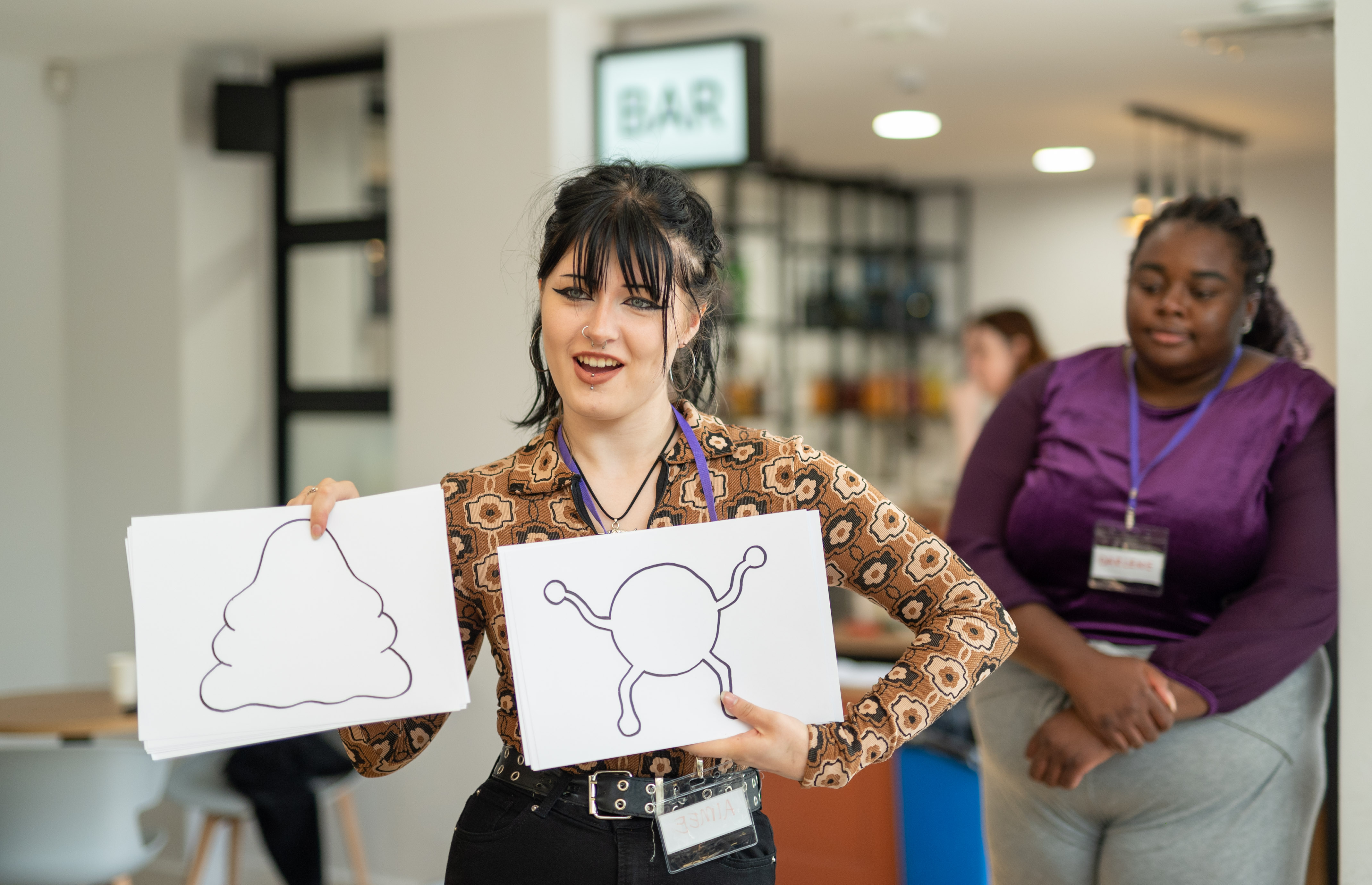
A Qualification
Gaining a qualification was clearly highly motivating for the young people. For example, two young people on the July workshops were initially disruptive but
their desire to gain the award meant that they attended the whole of the programme and engaged with arts activities they might not have done otherwise in order to complete their portfolios. In this way the Arts Award provided a distinctly playful and safe space where moments of learning could be nurtured. As Sarah Christie points out:
Arts Award can be a really useful ‘bridge’ that can enable young people to open up to being playful, creative, and not worried about ‘getting things wrong’, within a framework that is semi-familiar and “has a point” or outcome.
A Celebratory Event
Feedback from parents and carers suggested that the programme provided a safe, positive, confidence-building space where young people made friends and were heard and valued. This was especially apparent at the celebratory event which parents were invited to share:
The positive impact that this event has had on our lives is amazing. It brought K back into going out instead of staying in her room all the time. Friends were made that they have grown close to, and they meet up with on a regular basis. The certificates have taken pride of place in their rooms. Thank you so much. I cannot praise you enough. (Parent / Carer)
The event itself enabled young people’s gender identities to be respected in a public space:
I wanted to say an extra big thank you for reading out the name ‘A’. It was a lovely surprise as we were all prepped to hear E! A was chuffed to bits!
The young people I spoke to felt included and they also all said they would like to progress to Silver Arts Award. This is no small achievement - over 60 young people from Rotherham achieved the Bronze Arts Award in 2022 through Children’s Capital of Culture.
The Arts Award programme was a free, intensive, inclusive and accessible creative programme that was shaped to individuals’ needs and supported a growth in confidence and found new ways to increase access to the arts, creativity and culture.
References
Howard, F. (2020), Pedagogies for the ‘Dis-engaged’: Diverse Experiences of the Young People’s Arts Award Programme. Int J Art Des Educ, 39: 672-685.
Join us to celebrate Children's Capital of Culture!
Together, we will make Rotherham a place that young people are proud to call home.
Supported by:


